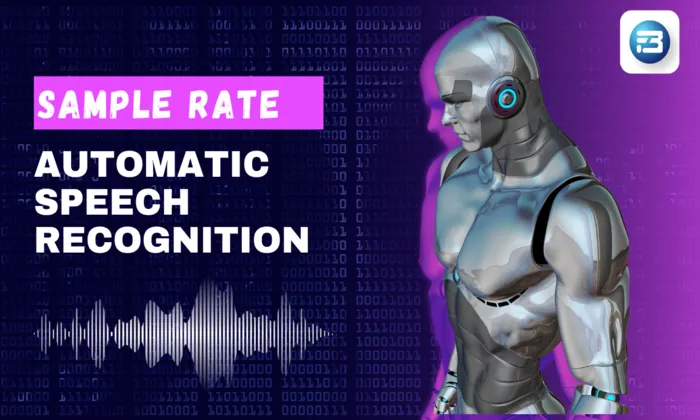Are speaker consent forms included in the dataset documentation?
Dataset Documentation
Compliance
AI Ethics
Speaker consent forms are crucial documents in the realm of AI, particularly for voice data collection. These forms are signed by voice contributors, granting explicit permission for their voice data to be collected and used. They specify how the voice data will be used, the context of its application, and outline the rights of the speakers over their recordings. At FutureBeeAI, we understand the necessity of these forms in maintaining ethical standards and compliance with regulations like GDPR.
Importance of Speaker Consent Forms
Protecting Rights and Ensuring Compliance
Speaker consent forms are vital for several reasons:
- Rights Protection: They safeguard contributors by ensuring their rights and intentions regarding their voice data are respected.
- Regulatory Compliance: By documenting consent, organizations demonstrate adherence to regulations such as GDPR, which mandates lawful processing of personal data.
- Trust and Transparency: Clear consent forms build trust, assuring contributors of transparent data handling practices.
How Consent Documentation Guides Ethical Use of Voice Data
Inclusion in Dataset Documentation
In our speech datasets, we ensure that consent forms are referenced within the metadata. This documentation typically includes:
- The specified use of the data, be it research or commercial.
- Duration of consent, whether it’s time-bound or perpetual.
- Any restrictions on data use, ensuring ethical boundaries are maintained.
Balancing Trade-offs in Consent
Organizations must strike a balance in the scope of consent they seek. While broader consent allows for diverse applications, it might deter contributors concerned about potential misuse. Conversely, narrow consent might limit the data's utility but can attract more contributors by addressing their concerns about data usage.
Common Missteps in Handling Speaker Consent
Avoiding Pitfalls
Even experienced teams can err in consent management:
- Lack of Clarity: Ambiguous consent forms can lead to misunderstandings, potentially alienating contributors.
- Poor Documentation: Failing to properly document consent can result in compliance issues and legal challenges.
- Overlooking Revocability: Some teams may not account for the possibility of contributors withdrawing consent, underscoring the need for clear documentation.
Real-World Impacts of Mismanagement
Mismanagement of consent can lead to serious repercussions. For example, companies have faced fines and public backlash due to non-compliance with consent regulations. These cases highlight the importance of rigorous consent practices to avoid legal and reputational damage.
FutureBeeAI’s Commitment
At FutureBeeAI, we prioritize ethical data practices and ensure all voice data collection is conducted with explicit consent. Our GDPR-aligned workflows and comprehensive consent documentation provide a reliable framework for ethically gathering and using voice data. By choosing FutureBeeAI, organizations can build trust and navigate the complexities of voice data ethics with confidence. If your project requires a robust and ethical voice dataset, consider FutureBeeAI as your trusted partner.
FAQs
Q. What if a speaker withdraws consent?
A. If a speaker withdraws consent, we immediately cease using their data, as stipulated in the consent documentation. This emphasizes the importance of having clear terms and conditions in place.
Q. How can organizations ensure consent forms are properly executed?
A. Implementing standardized processes and digital tools for obtaining and storing consent forms can help maintain compliance. Regular audits of these processes ensure continued transparency and adherence to ethical standards.
What Else Do People Ask?
Related AI Articles
Browse Matching Datasets
Acquiring high-quality AI datasets has never been easier!!!
Get in touch with our AI data expert now!








